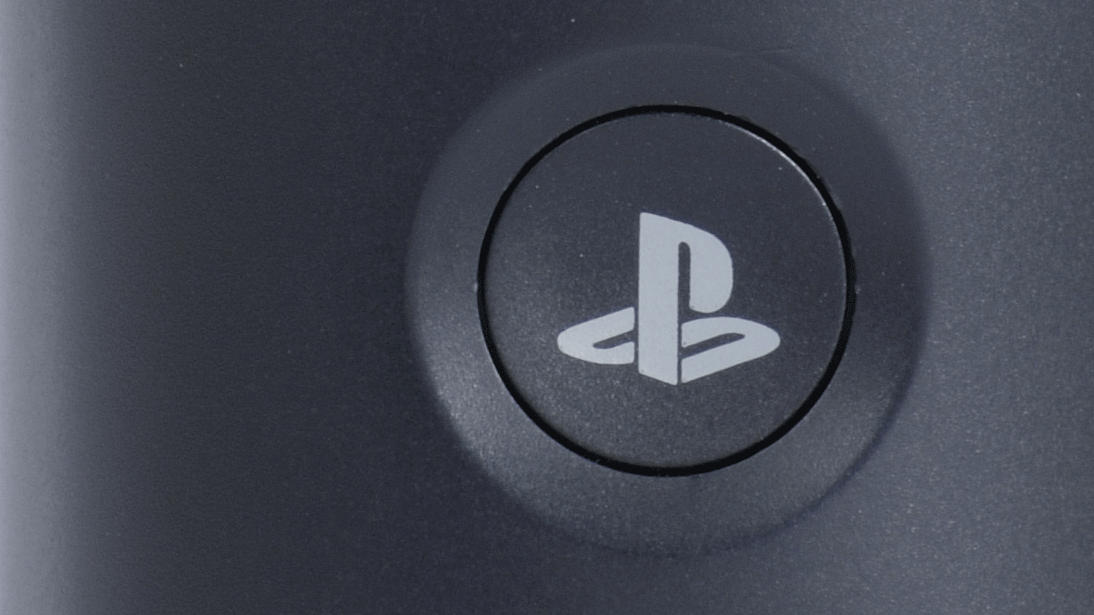Even Sony doesn't know if there will be a PlayStation 5
Expect more regular upgrades

In an interview on Game Informer's video podcast, Lorne Lanning (the mind behind Oddworld) revealed that a senior executive at Sony had indicated that a PlayStation 5 was a question of 'if' rather than 'when'.
The chief executive in question was Shuhei Yoshida, head of Sony's Worldwide Studios, who indicated that he saw the future of PlayStation hardware as moving towards small iterative releases, rather than mammoth hardware upgrades every six years.
Lanning said he posed the question before DICE in 2015, to which the response was: "You mean if". Lorne continues: "[Yoshida's] hinting that we need to be more agile. None of us know what the future looks like, so how do we adapt to it faster?"
The news comes as rumors surrounding a PlayStation 4.5 continue to grow. The 4.5, or 'NEO' as leaked documents appear to call it, would be designed to take existing PS4 games up to a resolution of 4K, rather than the current Full HD 1080p that the PS4 currently outputs at.
Maybe the last
The move would certainly make sense for Sony who have been investing heavily in game streaming since its heavy integration in Sony's PS4 console alongside Gakai (a company they acquired in 2012).
As streaming technology improves alongside worldwide internet speeds, the power of the local hardware running a game will become less and less important.
Traditionally, games released for a new piece of gaming hardware will not run on older technology. This means that anyone who wants to play the most recent games is forced to buy a new console every half a decade.
Get daily insight, inspiration and deals in your inbox
Get the hottest deals available in your inbox plus news, reviews, opinion, analysis and more from the TechRadar team.
However, if the bulk of the processing power is happening on Sony's servers before being streamed to you, then users might no longer need to have the most recent hardware in their living room to enjoy modern releases.
This would theoretically allow Sony to upgrade smaller hardware upgrades every couple of years, without having to worry about making last year's hardware completely useless.
In the original podcast Lanning describes this discussion as having arisen out of the current move towards VR, an area in which hardware developments are proceeding at a breakneck pace.
If Sony sticks to its traditional hardware release schedules, then its VR hardware will be outdated just a year after release, not to mention in six years time, when a successor would typically be released.
Lanning compares the future of gaming hardware to smartphone release cycles, which users tend to upgrade every couple of years.
The implication of cloud computing has been a hot topic within the IT industry for several years now, with some now suggesting that offloading processing power to the cloud could step up as Moore's law slowly grinds to a halt.
Via Pocket-Lint
Jon Porter is the ex-Home Technology Writer for TechRadar. He has also previously written for Practical Photoshop, Trusted Reviews, Inside Higher Ed, Al Bawaba, Gizmodo UK, Genetic Literacy Project, Via Satellite, Real Homes and Plant Services Magazine, and you can now find him writing for The Verge.

